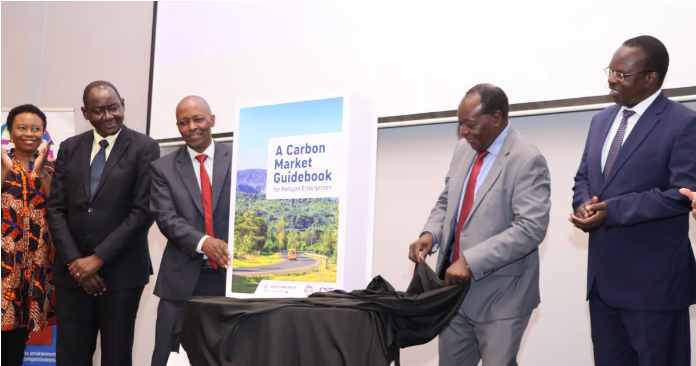World Bank has approved funding valued at $1.2 billion to help Kenya address challenges that had overshadowed its economy, including tight liquidity pressures, depressed investor confidence and limited capital inflows that had resulted in a rapidly depreciating shilling.
The support, which is under “Kenya Fiscal Sustainability and Resilient Growth Development Policy Operation (DPO)”, will not only support policy and institutional reforms, but also address structural constraints of the country’s public finances, alleviate fiscal pressures and promote a more efficient and sustainable budget.
It will also foster more competitive and inclusive product and labor markets and strengthen climate action, thus building on Kenya’s “strong leadership” under the 2023 Nairobi Declaration on Climate Change, the bank said in a statement.
“The policy dialogue around this DPO has helped to strengthen the macroeconomic framework, sustain an ambitious fiscal consolidation path, and tighten monetary policy,” said Keith Hansen, World Bank Country Director for Kenya. “After tackling the immediate fiscal pressures, the focus can now shift to addressing the country’s longer-term challenges.”
The DPO, which is anchored in the priorities laid out in the Kenya Kwanza’s Bottom-up Economic Transformation Agenda and the World Bank’s FY23-FY28 Country Partnership Framework for Kenya, comes amid Kenya’s ambitions to fight climate change and implement key reforms.
There are a lot of transformations including the establishment of a Treasury Single Account, wage bill consolidation, a modernized and enhanced social protection system, removal of county-level distortions through the fragmented licensing systems, opening of the ICT sector for more foreign investment, and provision of better access to services and jobs to refugees.
On climate the climate front, the new budget will support Kenya’s ambitions on green public transport, increasing forest cover, and leveraging climate finance, including through carbon credits and green and sustainability-linked bonds.
“For Kenya to return to moderate risk of debt distress, the government will need to maintain the fiscal consolidation path, promote export growth, enhance the country’s policy and institutional assessment to increase its debt carrying capacity and proactively manage liabilities by focusing on concessional financing to reduce interest costs and repayment pressures,” said Naomi Mathenge, World Bank Senior Economist for Kenya.


